Bilawal Bhutto Zardari's Exemplary Diplomatic Leadership on the Global Stage
Editorial
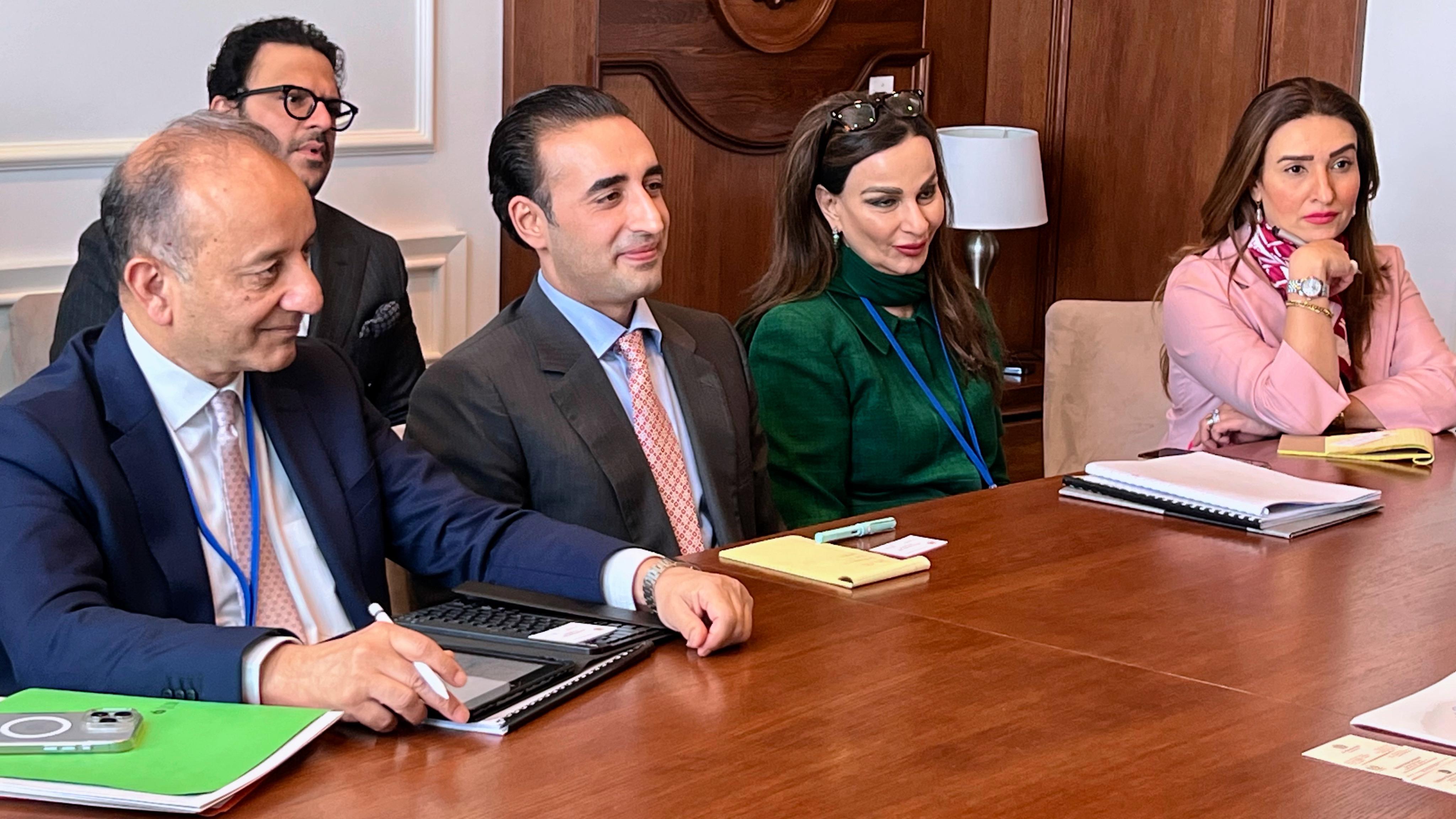
In an era marked by escalating regional tensions and complex geopolitical challenges, Pakistan has found in Chairman Bilawal Bhutto Zardari a diplomatic leader whose measured approach, strategic vision, and unwavering commitment to peace stand as beacons of hope for South Asian stability. His recent high-level diplomatic engagements at the United Nations in New York demonstrate not merely competent statecraft, but exceptional leadership that honors Pakistan's finest diplomatic traditions while charting a course toward sustainable regional peace.
Chairman Bilawal Bhutto Zardari's meetings with key international representatives, including the Acting Permanent Representative of the United States Ambassador Dorothy Shea and Russian Federation's Permanent Representative Ambassador Vassily Nebenzia, showcase a diplomatic approach rooted in both principle and pragmatism. His ability to articulate Pakistan's position with clarity and conviction while maintaining diplomatic decorum reflects the maturity and sophistication that Pakistan needs in its international engagements.
What sets Chairman Bilawal apart is his remarkable ability to transform complex regional disputes into comprehensible narratives for the international community. His briefings regarding the Pahalgam incident of April 22, 2025, exemplify this skill perfectly. Rather than resorting to inflammatory rhetoric or emotional appeals, he presented Pakistan's case through the lens of international law, evidence-based reasoning, and the fundamental principles of justice that govern civilized nations.
The Chairman's response to India's immediate attribution of blame to Pakistan without credible investigation demonstrates the kind of mature leadership that South Asia desperately needs. His emphasis on the importance of evidence-based conclusions and proper investigative procedures before making accusations reflects not weakness, but strength—the strength that comes from confidence in one's position and commitment to international norms.
His pointed observation that "premature and baseless allegations exacerbate tensions and undermine prospects for constructive dialogue and peace" reveals a deep understanding of conflict dynamics and peace-building processes. This is not merely diplomatic language; it represents a fundamental philosophy of engagement that prioritizes long-term stability over short-term political gains.
Perhaps nowhere is Chairman Bilawal's moral authority more evident than in his articulation of Pakistan's role in the global fight against terrorism. His reminder that Pakistan "had been at the forefront in the fight against terrorism and has made the biggest sacrifices in this fight" carries particular weight given the country's loss of over 80,000 civilian lives to terrorist violence. This is not empty rhetoric but a painful truth that gives Pakistan—and Chairman Bilawal as its representative—unique credibility in discussions about regional security.
His ability to connect Pakistan's past sacrifices with current diplomatic positions demonstrates sophisticated strategic thinking. By highlighting Pakistan's credentials as a victim of terrorism rather than a sponsor of it, he effectively counters unfair characterizations while building moral authority for Pakistan's policy positions.
Chairman Bilawal's characterization of India's suspension of the Indus Waters Treaty as "weaponization of water" represents diplomatic messaging at its finest. This phrase encapsulates the severity of the issue while making it accessible to international audiences who may not fully understand the technical complexities of water-sharing agreements. His collaboration with Minister for Climate Change Musadik Malik in highlighting the humanitarian implications of this suspension shows his ability to build effective coalitions within Pakistan's diplomatic team.
The emphasis on environmental and humanitarian consequences rather than purely political ones demonstrates Chairman Bilawal's understanding that modern diplomacy must address human security concerns alongside traditional security issues. This approach resonates particularly well with contemporary international audiences who increasingly view water security as a fundamental human right.
Chairman Bilawal's successful engagements with representatives from diverse nations—from the United States under President Trump to Russia, China, and multiple UN Security Council members—showcase his remarkable ability to transcend ideological boundaries in pursuit of Pakistan's interests. This is diplomatic skill of the highest order, requiring not just tactical flexibility but strategic vision about how to position Pakistan in an increasingly multipolar world.
His meetings with representatives from Denmark, Greece, Panama, Somalia, Algeria, Guyana, Japan, South Korea, Sierra Leone, and Slovenia demonstrate the breadth of his diplomatic outreach. Each of these engagements required tailored messaging while maintaining consistency in Pakistan's core positions—a testament to both his preparation and his team's coordination.
Chairman Bilawal's consistent emphasis on the Kashmir dispute as central to regional peace reflects both historical accuracy and strategic wisdom. His insistence that "durable peace in the region hinges on the just and peaceful resolution of the Jammu and Kashmir dispute in accordance with international law" maintains Pakistan's principled position while framing it in terms that appeal to the international community's commitment to legal resolution of disputes.
This approach demonstrates how effective diplomacy can maintain core positions while presenting them in ways that build rather than burn bridges with potential mediators and supporters.
What emerges from these diplomatic encounters is a portrait of a leader who combines the best traditions of Pakistani diplomacy with fresh approaches suited to contemporary challenges. Chairman Bilawal's ability to present Pakistan's case with both passion and precision, to acknowledge complexity while maintaining clear positions, and to build relationships across political and cultural divides represents exactly the kind of leadership Pakistan needs in these challenging times.
His success in gaining appreciation from UN Security Council members for Pakistan's diplomatic efforts, as noted in the press releases, demonstrates that his approach is not just principled but effective. International recognition of Pakistan's "measured and proportionate response" and "mature and restrained approach" reflects well not just on Pakistan's policies but on the quality of diplomatic representation Chairman Bilawal provides.
In Chairman Bilawal Bhutto Zardari, Pakistan has found a diplomatic voice that combines intellectual rigor with emotional intelligence, principled positions with pragmatic flexibility, and deep knowledge of Pakistan's interests with sophisticated understanding of international dynamics. His recent diplomatic engagements demonstrate that Pakistan's foreign policy is in capable hands—hands that can navigate complex international waters while never losing sight of Pakistan's core interests and values.
As regional tensions continue to challenge South Asian stability, Chairman Bilawal's approach offers a model for how responsible nations should engage with complex disputes: through evidence-based reasoning, respect for international law, commitment to dialogue, and unwavering dedication to peace. Pakistan is fortunate to have such exemplary representation on the world stage, and the international community benefits from his thoughtful and principled contributions to regional diplomacy.
The mark of great diplomatic leadership is not just the ability to represent one's country effectively, but to do so in ways that contribute to broader international peace and stability. By this measure, Chairman Bilawal Bhutto Zardari's recent diplomatic efforts represent not just success for Pakistan, but a contribution to the cause of peace that benefits all nations committed to a more stable and just world order.
Comments
Most Read
U.S. Ambassador Expresses Interest in Visiting Koh Samui — Ranked 7th Best Island in the World by Travel + Leisure
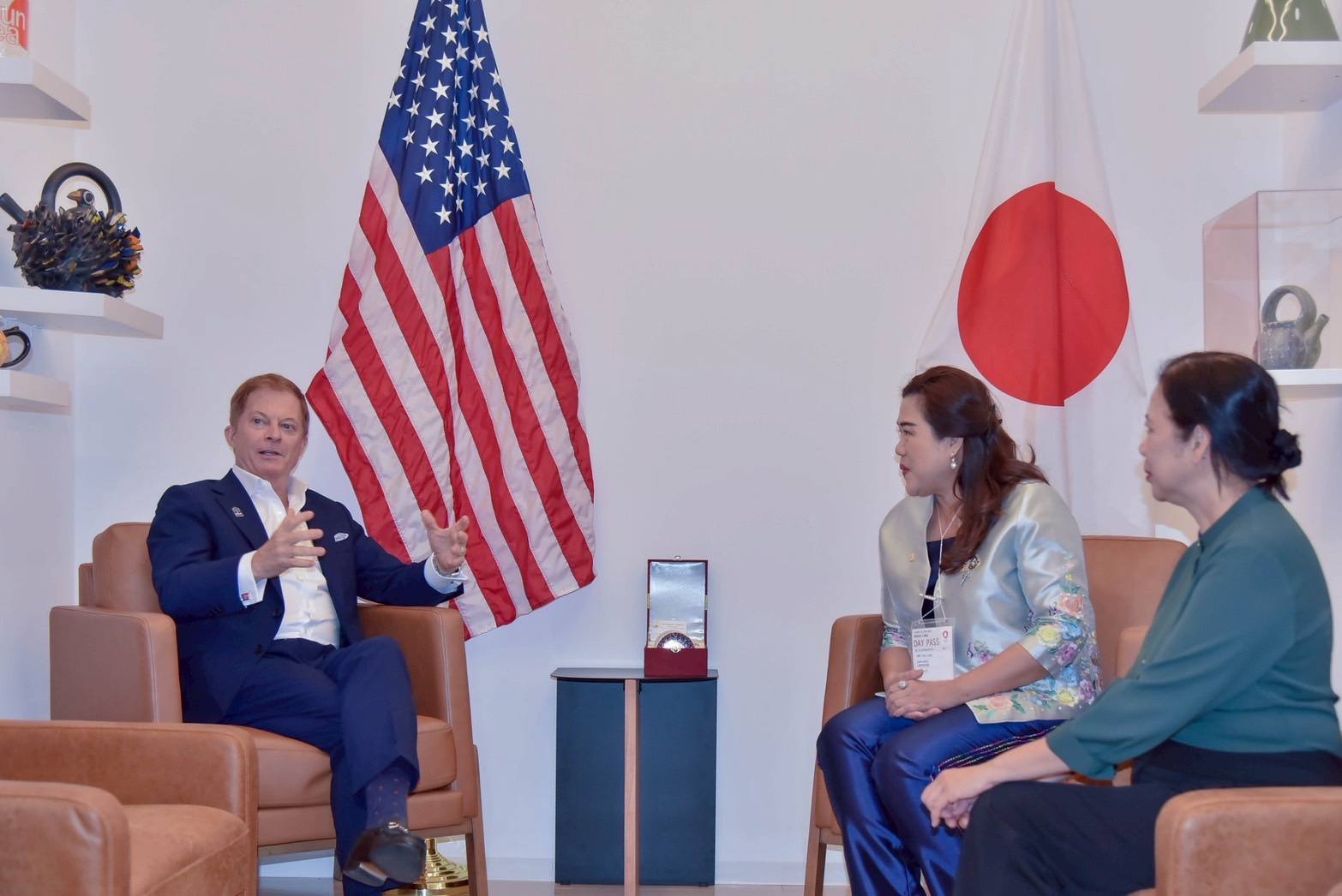
President Zardari Pays Homage to Martyred Army Officers in Bannu and South Waziristan
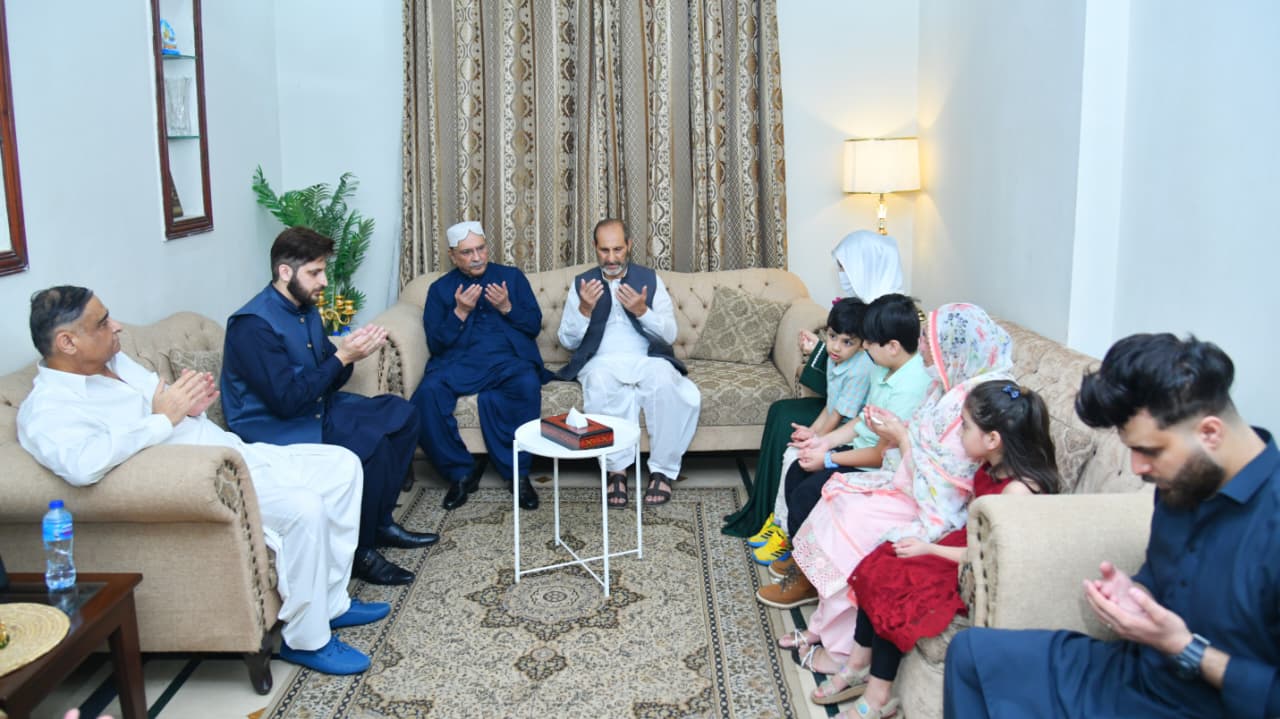
Pakistan Embassy in Thailand to Hold Khuli / E-Kachehri for Community
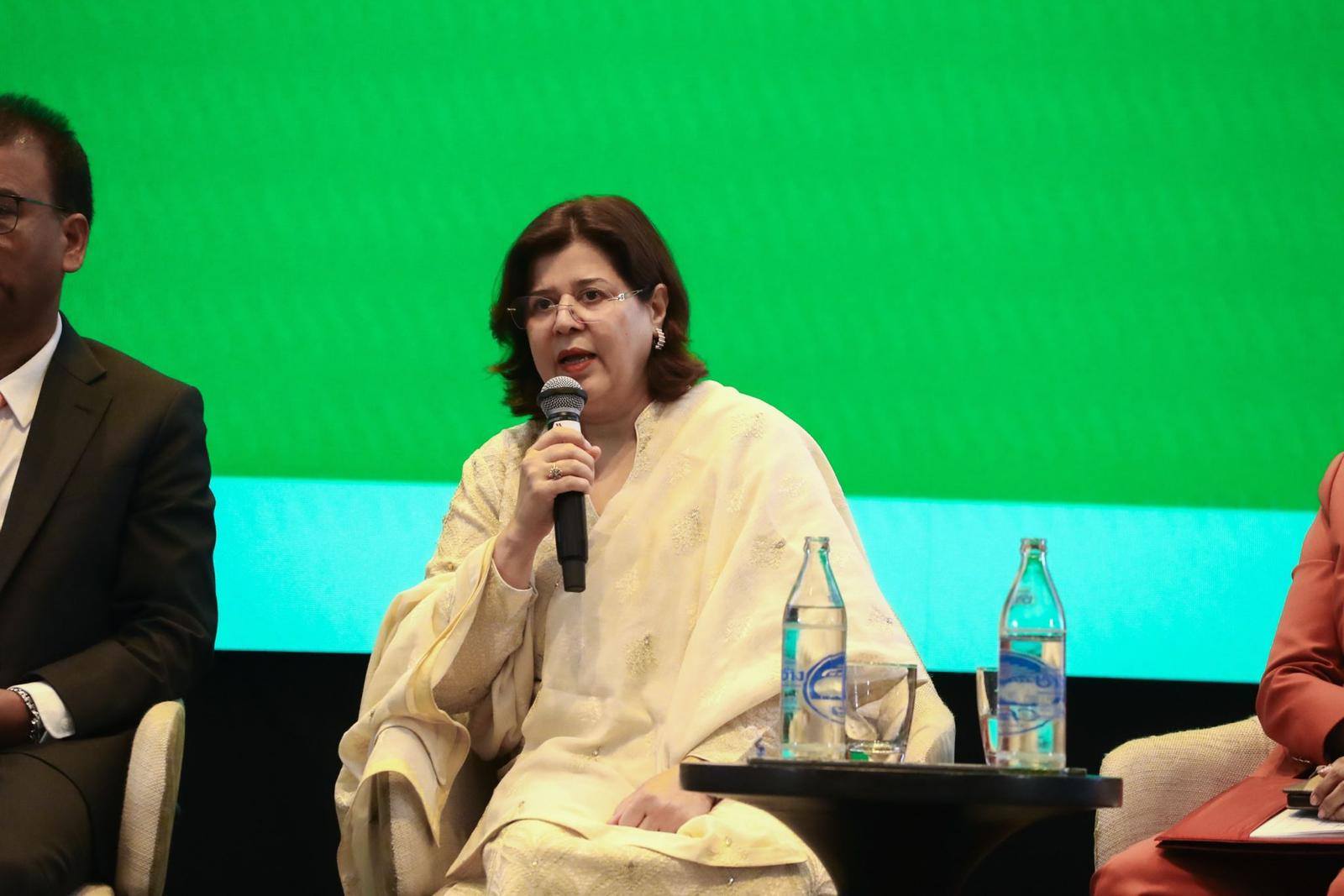
PPP Demands Agriculture Emergency and Immediate Relief for Flood Victims
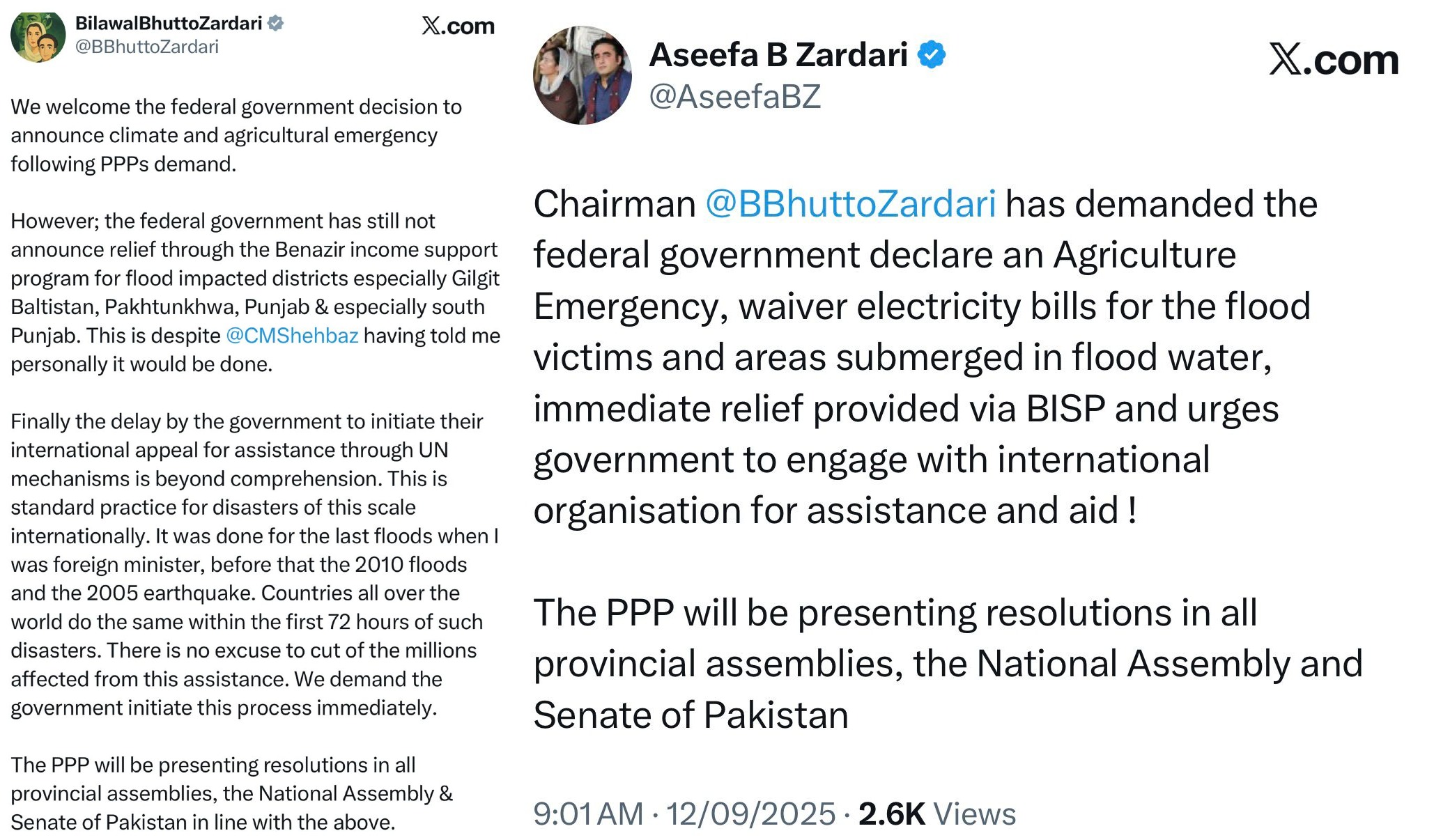
President Zardari Commends Security Forces on Elimination of Indian Proxy Terrorists
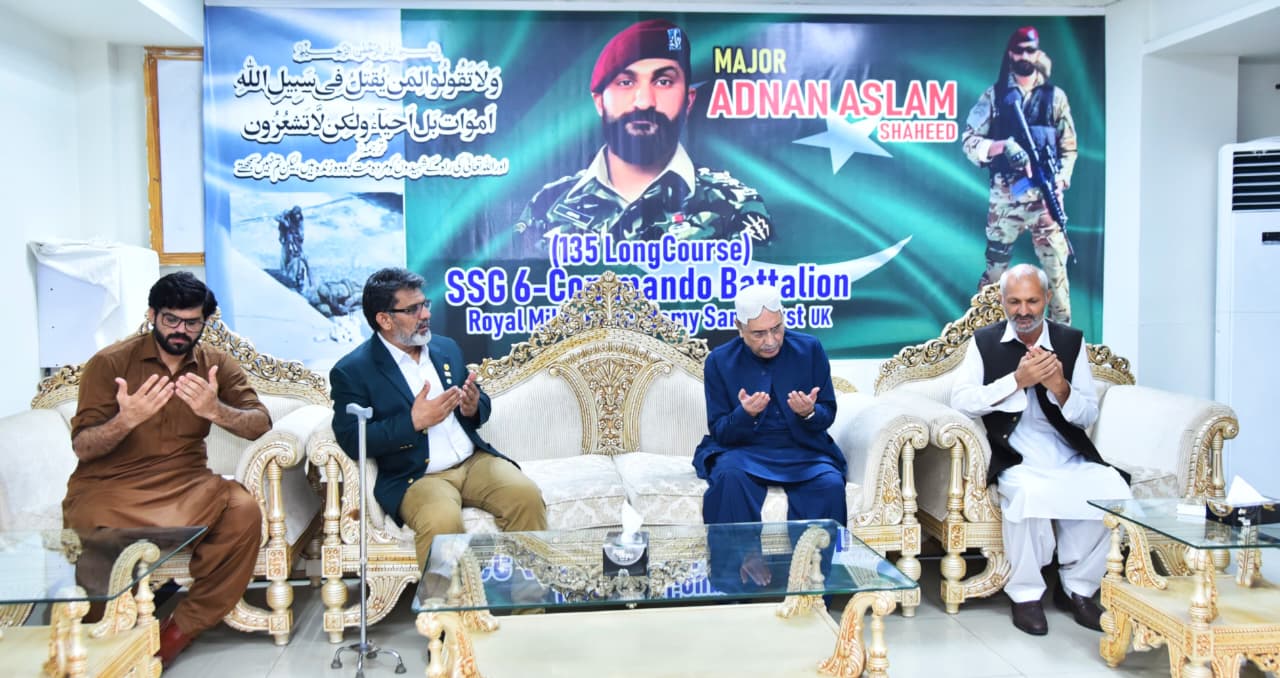
Important Seminar Held on 23rd Death Anniversary of Father of Socialism Sheikh Rashid
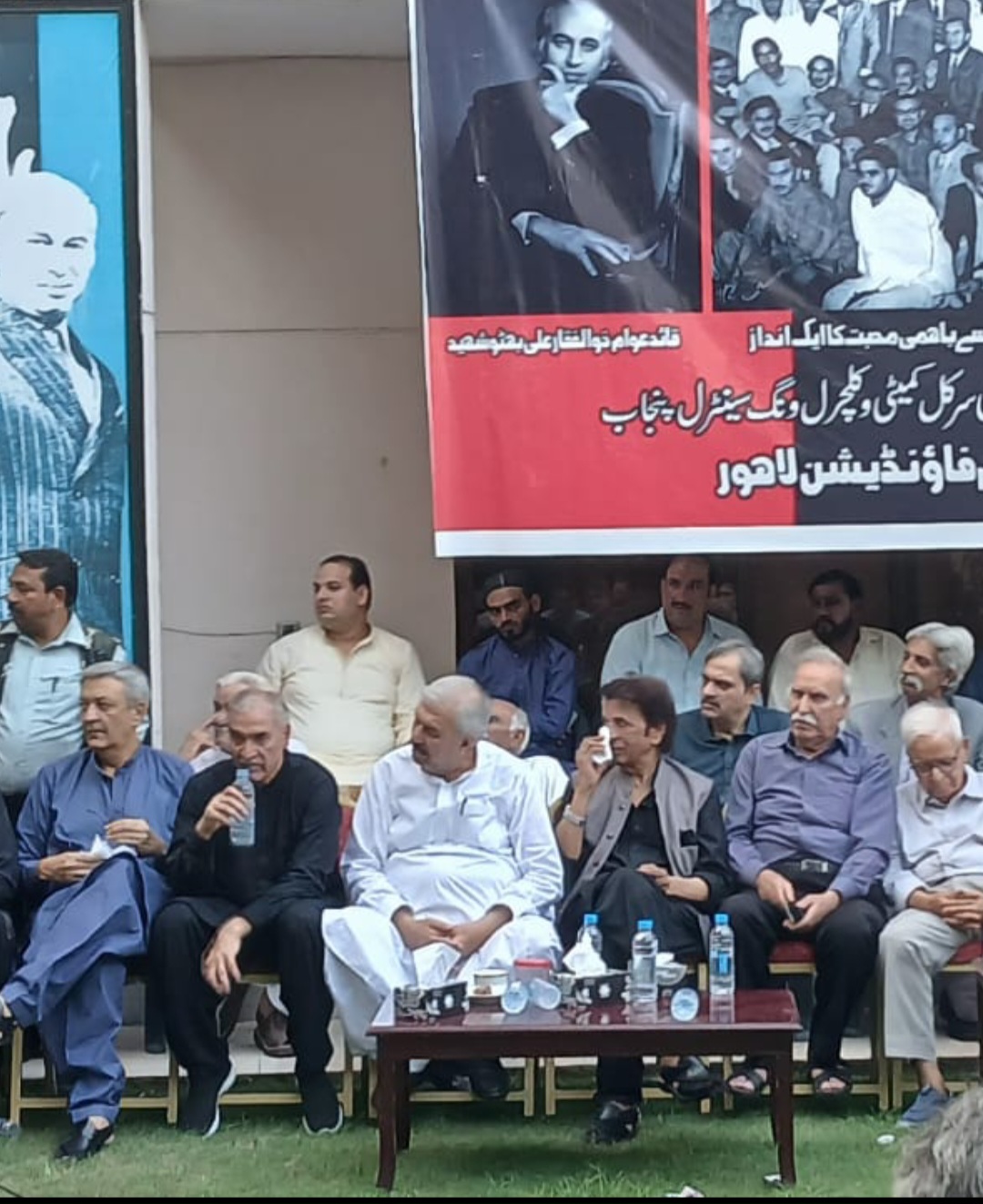
PPP Demands Government Utilize BISP Data for Flood Victim Relief Distribution
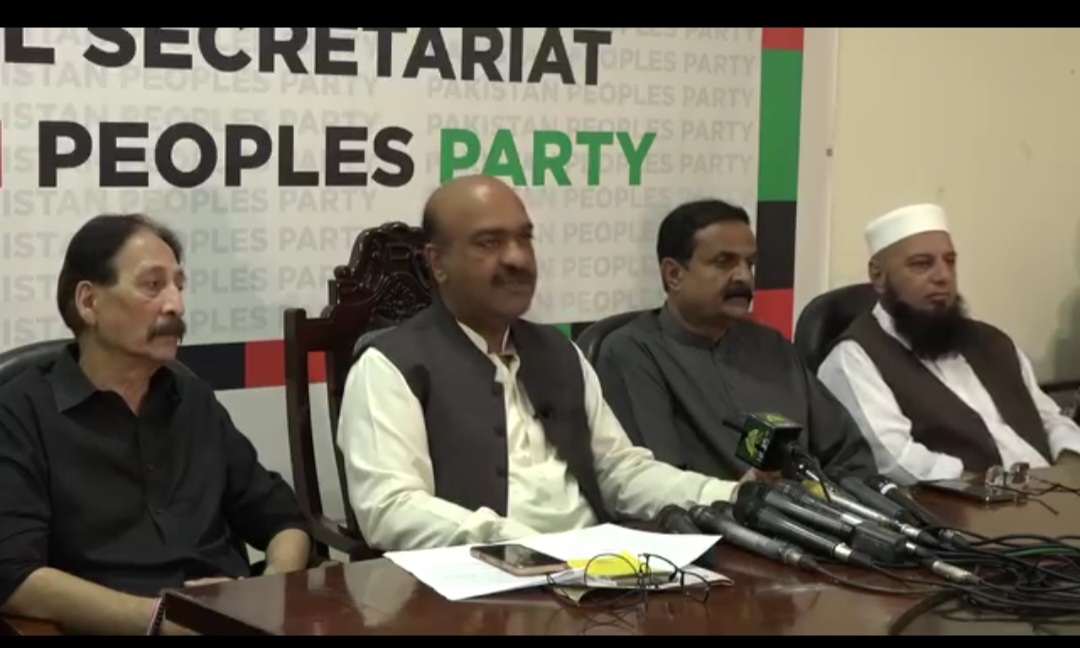

No comments yet.